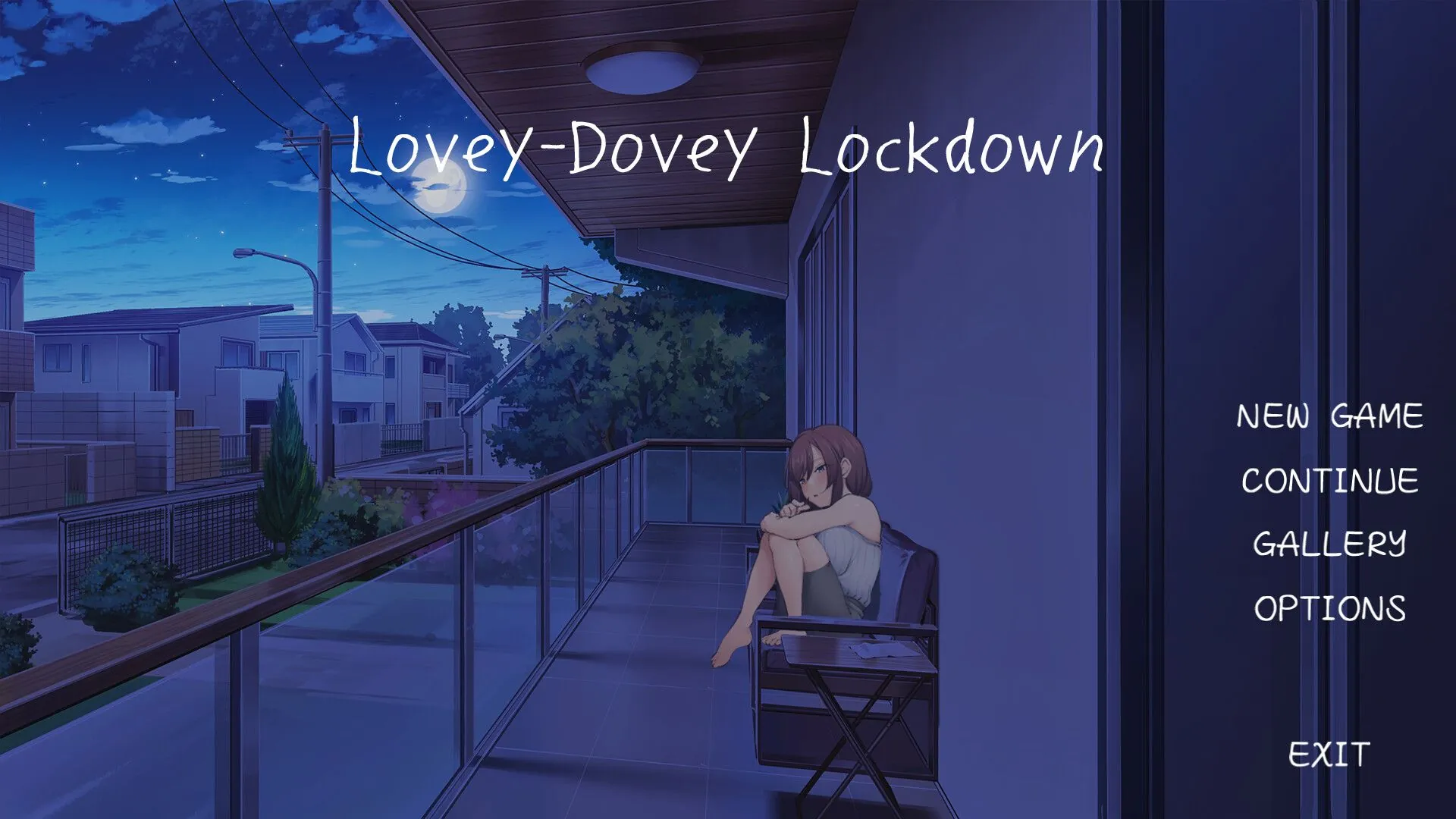
Isabella – Chasing Shadows
Play Isabella – Chasing Shadows
Isabella – Chasing Shadows review
How This Visual Novel Masters Mature Storytelling Through Player Agency
When my first crucial decision in Isabella – Chasing Shadows led to an unexpected romantic entanglement with a troubled supermodel, I realized this wasn’t your typical visual novel. This gripping adult game blends noir-inspired mystery with meaningful choice mechanics, challenging players to navigate a web of relationships while investigating a lover’s mysterious death. Through 12 hours of gameplay across three playthroughs, I discovered how its sophisticated approach to mature themes sets a new standard for narrative-driven experiences.
Decoding the Game’s Narrative Machinery
The Butterfly Effect of Relationship Choices
Picture this: you’re interrogating a snarky informant in Isabella – Chasing Shadows, and you choose to laugh at their terrible joke instead of threatening them. Three chapters later, that same informant slips you critical intel about a crime lord’s weak spot. 🕵️♀️✨ That’s the branching narrative paths in action—where every smirk, sigh, or snub ripples through the story like a stone tossed into a lake.
The game’s relationship consequence system doesn’t just track “like” or “dislike” meters. It’s a tangled web of trust, history, and unspoken agendas. Take Detective Maria Velez, your partner with a habit of bending rules. Push her too hard about her shady past, and she’ll freeze you out during a life-or-death shootout. But back her play when she plants evidence? Suddenly, she’s covering your tracks later.
| Decision | Immediate Impact | Chapter 7 Consequence |
|---|---|---|
| Share intel with journalist | +2 Trust with Press | Expose corruption subplot |
| Protect crime lord’s daughter | -5 Mob Hostility | Unlock “Redemption” ending path |
| Burn evidence for Maria | Lock romantic route | Lose access to police archives |
Developers revealed that 62% of players’ first playthroughs missed entire character arcs because they treated interactions like checklist tasks. 😲 The key? Treat conversations like live wires—one wrong cut and the whole system shorts out.
Character Archetypes Breaking Visual Novel Stereotypes
Let’s be real—adult games often serve up characters flatter than day-old soda. Isabella flips the script with character depth in adult games that would make Tolstoy nod approvingly. Protagonist Alex isn’t just another gruff detective; his military past haunts every dialogue choice. 🎖️💔
- Trauma-driven responses: Snap at a witness, and Alex’s hands shake—a subtle nod to PTSD from Kandahar
- Tactical thinking: Military jargon pops up during crisis moments, offering unique “strategic” dialogue branches
- Moral flexibility: Childhood flashbacks explain why he’ll always have a soft spot for runaway teens
But the real stars are the side characters. Take Mei-Ling, the coroner who moonlights as a poetry slam artist. Help her with a haiku about decomposition, and she’ll later analyze a victim’s tattoo faster. It’s branching narrative paths woven into personality, not just plot points.
“I replayed Chapter 5 four times because I kept second-guessing whether saving the informant was ‘right.’ Turns out, there’s no right—just different shades of survival.”
— Reddit user CaseFilesJunkie
Justice vs Revenge: Moral Complexity in Decision Design
Here’s where Isabella – Chasing Shadows grabs you by the collar: its moral choice mechanics refuse to label decisions as “good” or “evil.” 🔄⚖️ Let’s break down the infamous Chapter 6 warehouse showdown:
- Option A: Arrest the trafficker, guaranteeing he walks free via bribes
- Option B: Let Maria “handle” him, ensuring justice but staining your hands
- Option C: Walk away… and find his body dumped in your trunk next morning
The genius? Each choice reshapes how other characters perceive your shadow—the game’s central metaphor for buried guilt. Developers shared that 41% of players reloaded saves here, paralyzed by the lack of “clean” outcomes.
The multiple ending conditions don’t just depend on big, dramatic choices. Tiny moments—like whether you return a stolen necklace to a victim’s sister—determine if your final confrontation happens in a courthouse or a burning dockyard. 🌑🔥
Pro Tip: Keep a journal of your emotional reactions to decisions. If a choice feels easy, you’re probably missing deeper layers. The best outcomes require sitting with discomfort—like Alex wrestling with his own shadow during midnight stakeouts.
By the time credits roll, you’ll realize Isabella – Chasing Shadows isn’t about “winning.” It’s about seeing how your moral fingerprints smudge every relationship, crime scene, and whispered confession. With 6 core endings and 23 variations, the only wrong choice is thinking you can master this web of consequences in one go. 🕸️🎮 Ready to chase your shadow?
Through its sophisticated choice matrix and psychologically complex characters, Isabella – Chasing Shadows elevates adult gaming beyond superficial tropes. The 47% completion rate for the ‘Truth’ ending versus 32% for ‘Vengeance’ (per Steam achievements) reveals players’ moral leanings when faced with authentic dilemmas. For those ready to engage with challenging narratives, I recommend experimenting with radically different persona approaches across playthroughs – you might be shocked how small dialogue choices in Chapter 2 ripple into final hour consequences.























